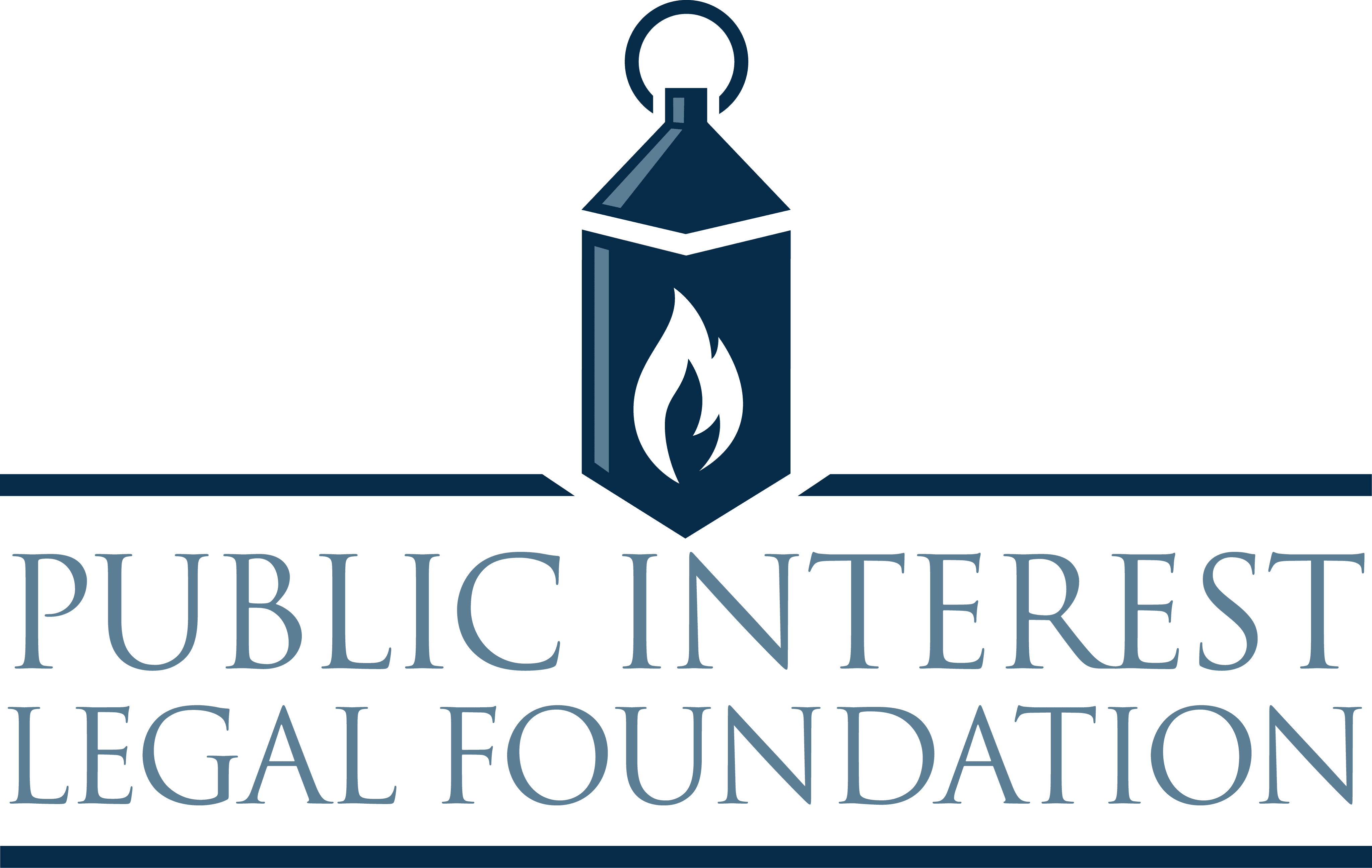(WASHINGTON, D.C.) – June 27, 2019: Public Interest Legal Foundation (PILF) released the following statement on the U.S. Supreme Court’s decision regarding the inclusion of a citizenship question on the upcoming 2020 Census.
“Chief Justice Roberts unfortunately was the deciding vote,” PILF President and General Counsel J. Christian Adams said. “He agreed with the arguments of the institutional Left that how the Census question was added was more important than the common sense of asking the question in the first place. This is an unfortunate victory for the Swamp that opposed collecting facts about how many aliens are in the United States.”
“It is a sign of our time that the inclusion of a question about citizenship on the census has become a subject of bitter public controversy and has led to today’s regrettable decision. While the decision to place such a question on the 2020 census questionnaire is attacked as racist, there is a broad international consensus that inquiring about citizenship on a census is not just appropriate but advisable.” — Justice Alito
Read the Foundation’s prior case filings on the matter here. The Foundation had made several arguments as an amicus party as this case developed.
Robust citizenship data is necessary to determine if redistricting maps properly protect minority voters. In the decades-long absence of general citizenship data provided by the Census, the DOJ had to selectively employ citizenship estimates – yet only in jurisdictions where such data were available. Without it, DOJ and others live in a statistical fog to determine whether a minority group is sufficiently large and geographically compact to necessarily yield a single-member district.
Citizenship data helps facilitate private efforts to enforcing voting laws. Census data are critical to determining which jurisdictions are falling behind federal mandates to maintain voter rolls free from bloat and corrupted entries. Courts have repeatedly relied on the ratio between registered voters and resident citizens in a locale as valuable insights—yet the citizenship data in its current form is not without flaws and can risk skewed interpretations. Improved data quality will also help empower private interests to ensure that federal law is being followed.
Disagreement between Executive Branch Officials and career bureaucrats cannot serve as evidence of discriminatory intent. Plaintiffs are conjuring evidence of discriminatory intent due to administrative policy changes after an election. If such arguments are successful, core foundational concerns regarding the Executive Branch are endangered. The brief notes: “the Constitution of the United States makes plain that ‘executive Power shall be vested in the President of the United States of America.’ As the Supreme Court stated, ‘The insistence of the Framers upon unity in the Federal Executive—to insure both vigor and accountability—is well known.’ The unitary Executive is essential for individual liberty.”
The Public Interest Legal Foundation is the nation’s most active public interest law firm dedicated to enforcing the National Voter Registration Act (NVRA) and ensuring the integrity of American elections – bringing more than a dozen cases to enforce voter list maintenance obligations and inspection rights under federal law in federal courts across the nation in addition to serving as amicus in more than a dozen voting law cases. The Foundation also works with election officials and policymakers to improve the integrity of elections.
Public Interest Legal Foundation (PILF) is a 501(c)(3) public interest law firm dedicated to election integrity. The Foundation exists to assist states and others to aid the cause of election integrity and fight against lawlessness in American elections. Drawing on numerous experts in the field, PILF seeks to protect the right to vote and preserve the Constitutional framework of American elections. ###

